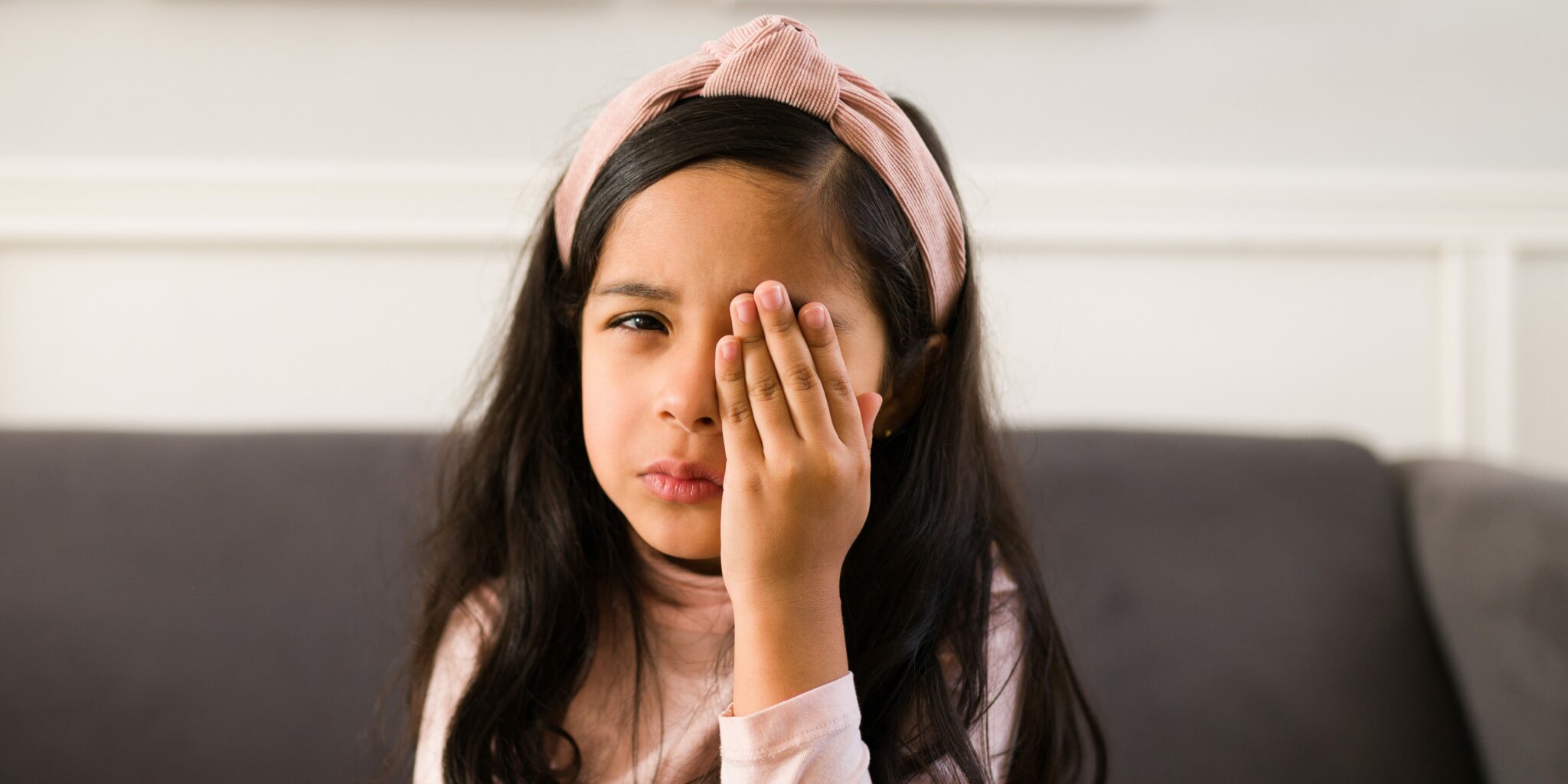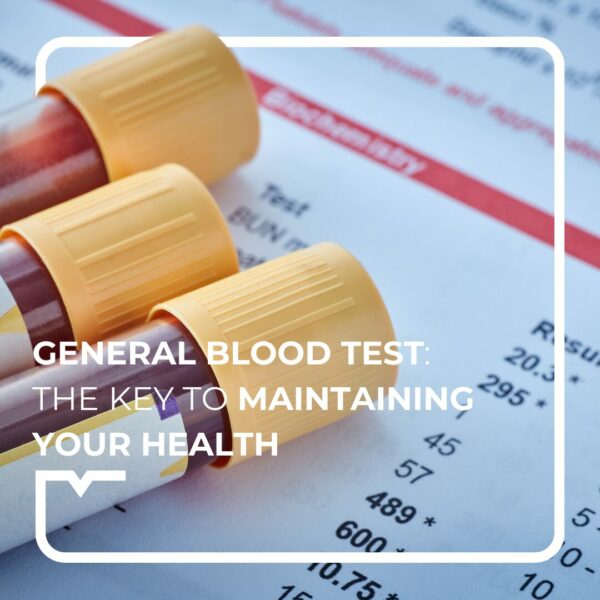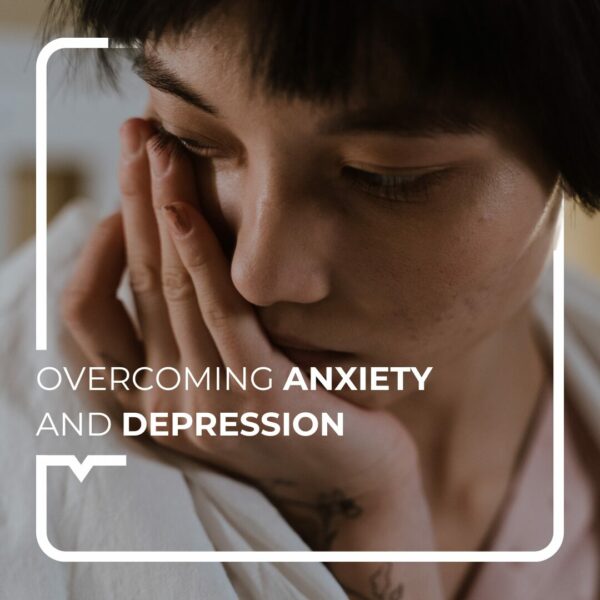7:00 a.m. Little Salvador can’t open one eye, it’s completely glued shut.
He wasn’t expecting conjunctivitis! But how did he catch it?
Hello, I am Dr Joy.
In this article, we analyze in detail what is conjunctivitis, its causes, treatment methods and ways to prevent its appearance.
Let’s go!
I- What is conjunctivitis?
Conjunctivitis, sometimes called “pink eye”, is an inflammation of the conjunctiva, the thin membrane that covers the white surface of the eye and the inside of the eyelids. Although generally benign, conjunctivitis can be uncomfortable and cause unpleasant symptoms such as:
- Red eyes: The eyes turn pink or red due to inflammation of the blood vessels in the conjunctiva.
- Itching and burning: Eyes may itch or burn, causing discomfort.
- Eye discharge: Conjunctivitis can cause a clear, yellowish or greenish discharge from the eyes.
- Ice on the eyelids: The eyelids can stick together after sleep due to the accumulation of eye secretions.
- Sensitivity to light: Eyes can be sensitive to light, a condition known as photophobia.
II- The causes of conjunctivitis
There are different types caused by different factors:
- Infectious: This is caused by viral (such as rhinovirus or herpes), bacterial (such as staphylococcus or streptococcus) or fungal (less common) infections. These forms of conjunctivitis are highly contagious, so it is advisable to stay at home if you are infected.
- Allergic: it is caused by seasonal allergies to things like pollen, dust, house dust mites or pets.
- Irritant: is caused by exposure to irritants such as smoke, pollution, swimming pool chlorine, chemicals, or poorly maintained contact lenses.
- Neonatal: affects newborn babies and is usually caused by an infection transmitted from the mother during childbirth.
III – How to treat it?
Treatment depends on the cause:
With viral or irritant conjunctivitis, the symptoms can be relieved by using artificial tears and cold compresses. The infection tends to get better over time.
If your conjunctivitis is bacterial, your doctor will prescribe antibiotic eye drops. To avoid a relapse, it’s important to complete the full course of treatment, even if the symptoms get better quickly.
If conjunctivitis is caused by an allergy, it is advisable to avoid the allergen in the first place. The doctor will prescribe antihistamine eye drops or even oral antihistamines to help relieve the symptoms.
IV- Prevent it
Here are some tips to help prevent it:
- Avoid eye contact with unwashed hands and make sure you clean your contact lenses thoroughly.
- If you have allergic conjunctivitis, try to minimize your exposure to known allergens.
- Don’t share towels, tissues, or eye make-up to reduce the risk of transmission.
- If symptoms persist, consult a healthcare professional for diagnosis and appropriate treatment.
Conjunctivitis can be uncomfortable, but with proper care and eye hygiene, most cases get better quickly. If you develop worrying symptoms, it’s important to see a doctor to rule out any underlying complications. By following these preventative tips, you can minimize the risk of developing conjunctivitis and protect the health of your eyes.
Sources :



